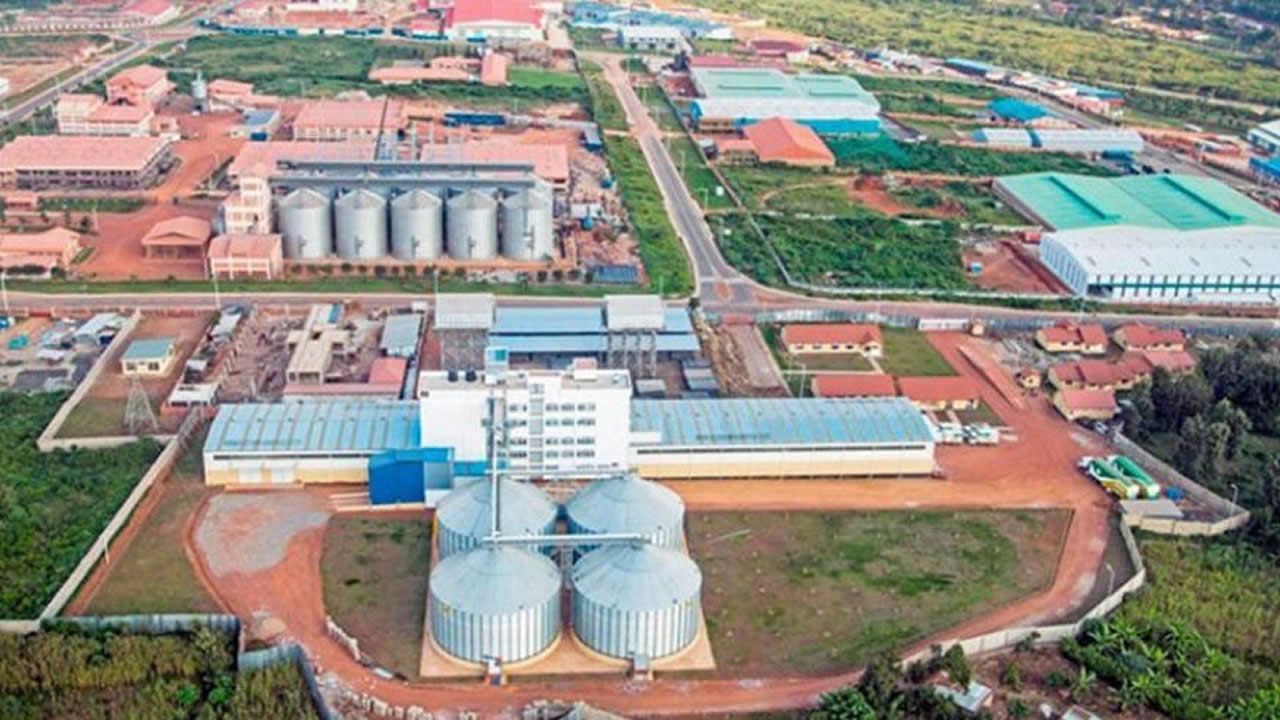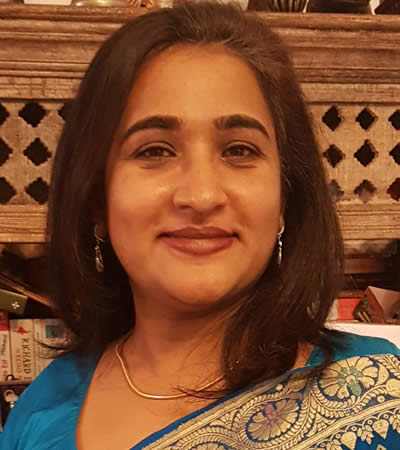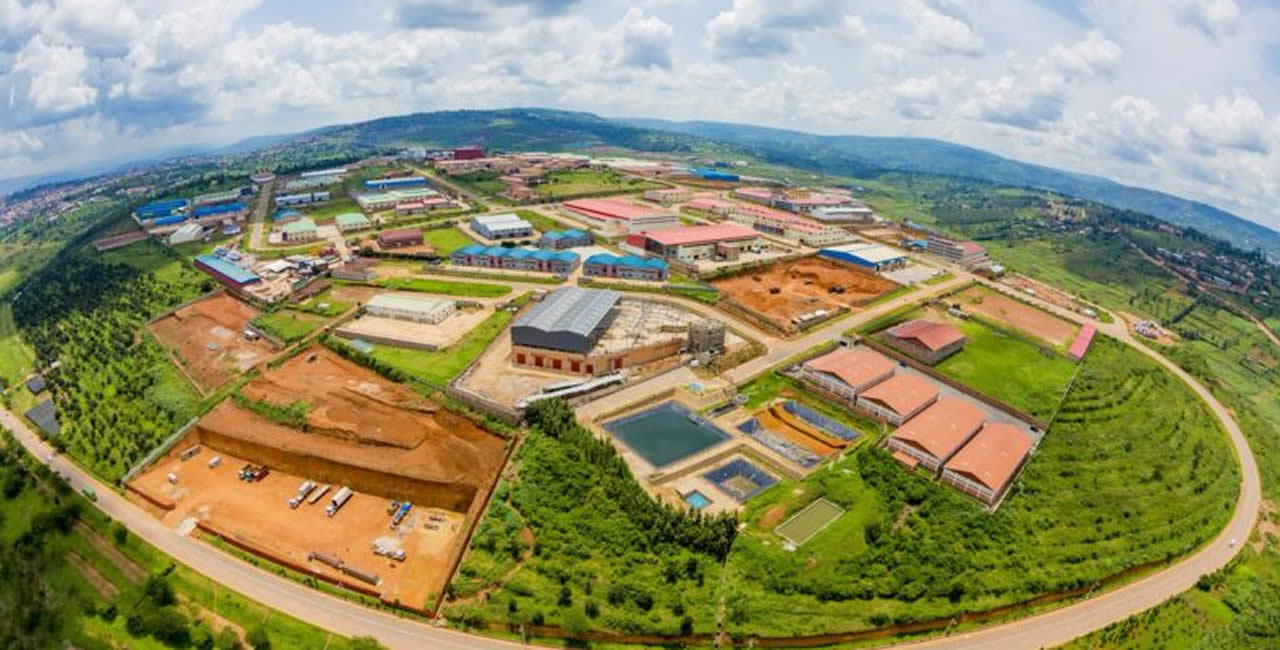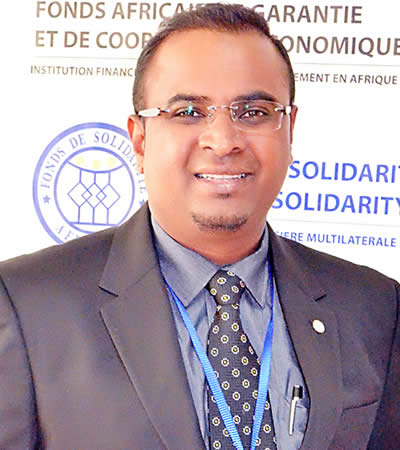
We have been talking about regional special economic zones in the region for quite some time. While the objective is to develop the emergence of a new cross-border regional venture, the idea did not really yield the expected results, hence the decision of the authorities to relaunch the sector and appeal to potential investors to seize the opportunities. But will entrepreneurs respond?
In Mauritius, when we talk about special economic zones, JinFei comes immediately to the mind. But JinFei is just one of several special economic zones in the region that the authorities want to promote. The history of JinFei demonstrates how this project, with a tumultuous start, was almost doomed to failure. Formerly known as the Mauritius Tianli Economic and Trade Cooperation Zone, this region was set to become a huge industrial and manufacturing centre that was said to create tens of thousands of jobs. Renamed JinFei, it has not been spared by the real estate development that has gripped the whole island.
The future of JinFei is certainly brighter today, especially with the number of interesting projects submitted by serious investors, after the recent invitation for expression of interest through the Economic Development Board by Landscope Ltd, a state-owned enterprise which manages part of the Riche Terre lands. Among them, there is this vast warehousing project by South African investors in joint venture with Mauritian entrepreneurs, at a cost of nearly Rs 1 billion, including Rs 500 million for phase 1. This warehouse project will be set over at least 13 acres of land and will include cold room facilities of an area of 10,000 square metres.

The Economic Development Board (EDB) has just launched a call for projects for special economic zones in Africa, particularly in Ivory Coast, Senegal, Ghana, Kenya, Mozambique and Madagascar. It is with the technical assistance of Mauritius that these economic zones are being developed, and the EDB, in collaboration with the Mauritius Africa Fund (MAF) is actively promoting these zones which aim to attract investment in several areas, namely ICT, financial services, manufacturing (including textiles), logistics, education, tourism, infrastructure development, energy, health and professional services.
Through its Africa Strategy, Mauritius wants to encourage foreign investors to use the island as a springboard to Africa. Investors can benefit from the incentives under various bilateral agreements as Double Taxation Avoidance Treaties and Investment
“Given my work advising investors and institutions in Africa, I know that one of the biggest concerns is – whether the investment is going to be safe. I find this fear even higher amongst Mauritian investors. The setting up and management of the Special Economic Zones are done within the framework of a Special Purpose Vehicle that is a company where both the receiving government and Mauritian government are shareholders. That provides a special guarantee for those investors who wish to set up in these special economic zones. This formula of joint government ownership is replicated across the different zones. As such, local entrepreneurs who follow suit and invest in the sites being developed by the Mauritius Africa Fund will be investing in a secured site where the usual complexities related to property is ironed out,” explains the expert.
The other advantage, she pursues, is that given these special economic zones are negotiated at very high level, they benefit from high levels of patronage from the State that is welcoming these infrastructures. All national projects are aligned towards the success of these zones whether it is in Senegal, Ivory Coast or Madagascar. These zones and infrastructure around them are given high priority. Such alignment provides further comfort and is reassuring for those investors that find Africa as risky.
As for the opportunities for Mauritian companies, she says the projects and the demand speak for themselves. Phase 1 of the site in Senegal is already full. Phase 2 is now under way. “I understand that there is high demand for the Ivory Coast project as well.”
As for Madagascar, the choice of the textile city in Moramanga is very strategic. It lies between the capital of Antananarivo and Tamatave, which houses the largest port of Madagascar. This position offers easy access to domestic, regional and international markets. Currently, there are 30 Mauritian-owned textile companies operating in Madagascar. “As per our analysis, they are all located around Antananarivo. Some of them have increasing demand for their product and want to expand, but due to space constraint, that is very difficult. Many of them are located towards the North West of the city and that adds to the distance, time and cost of transporting their raw material and finished products to and from the port. Moramanga will offer them a shorter distance to the port, which is at 240 Kms away instead of the 400 from where they are currently located.”
Can foreign investors use Mauritius to invest in these zones?
In sites developed in a Government to Government format, indeed non-nationals can invest, says Manisha Dookhony, but that depends on the convention agreed with the developers of the site. Often to meet the demand and fill up a site, non-nationals may be invited to become operators on a zone. They may have the condition to incorporate a local company. In general, though, it is sure that nationals from countries that are developing a site, in this case Mauritius, are prioritised along with those from the receiving country.
Manisha Dookhony concludes that Mauritius does not have enough space for development of new SEZ and cost of labor is high, therefore Mauritius can benefit from new investments abroad from revenues of assets abroad.
Affrad Dilhossain : “Africa has huge manufacturing potential”
Affrad Dilhossain, director of Teck D’Or Ltd., a local furniture making company, says the manufacturing sector has great potential in Africa and his company would be interested in exploring Special Economic Zones if the opportunity arises. “Mauritian entrepreneurs have developed a unique know-how that they can further expand in Africa,” he says. Three key factors present in Africa are the availability of raw materials, abundant labour supply and a huge domestic market.
“Investing in Africa is not easy, but …”

Special Economic Zones (SEZs) set up in Ghana, Senegal and Ivory Coast helmed by Mauritius can be regarded as an investment in industrial infrastructure and a services provider to attract and facilitate foreign investment, integrate local firms into global value chains, promote export-oriented growth and generate employment. For many countries, these zones are an important instrument of socioeconomic development. They are widely deployed to kick-start industrial sectors and to promote technology transfer to local economies and can contribute to improving the overall investment environment, lowering transaction costs for FDI activities, increasing the ease of doing business and streamlining administrative procedures, including the time required to set up operations.
Africa Entrepreneurial Dilemma
The McKinsey Global Institute projects that by 2025, African household consumption and business-to-business (B2B) spending could reach $5.6 trillion. That is equivalent to nearly a third of current US Gross Domestic Product (GDP). Africa is now better placed than ever to set its own agenda. The world is waking up to the fact that, with its youthful, rapidly urbanising population, Africa stands to be the next great driver of global demand and growth. Investing in Africa is not easy. There is a lot of hype. Development is uneven. Investing in Africa requires a partner on the ground to help maneuver. There are often conflicts between the Government and the private sector. Corruption hinders business. Nevertheless, social media is bringing awareness and helping to decrease bad practices and bringing more accountability.
Insufficient understanding for most of Mauritian entrepreneurs
Africa is not a single entity. It is vast, approximately the size of Japan, China, the United States, India and Western Europe combined. There are 54 different countries, but thousands of different ethnic groups with distinct languages, cultures and laws, often cutting across country borders. A failure to take into account each country’s individual circumstances is likely to lead to difficulties.
Those who have not spent time in Africa may not appreciate some of the basic challenges to doing business there. Electricity and internet connections can be unreliable; travel can be time consuming; the climate is draining. Taking time, both to build relationships and to understand a particular country, can lay important foundations for dealing with (or even avoiding altogether) future disputes. Patience is perhaps the most important requirement for doing business.

Political/ Social considerations prior to investment
Prior to any investment, investors should conduct a rigorous due diligence (legal, financial and reputational), and also research and understand the political landscape and prevailing public opinion, to assess properly the risk of future instability. (There are companies that specialise in evaluating these risks who can be engaged to prepare a report.) It is also advisable to take out political risk insurance as part of any major investment. In addition to assessing the potential risk, investors should seek to protect themselves from some of the consequences of civil strife. Contractual protections should be negotiated (for example, material adverse change and force majeure provisions) and it may be appropriate to structure a deal to obtain bilateral investment treaty (BIT) protection.
The public sector can and should provide the foundation for the private sector to succeed and provide growth. There is a lack of financing available. Lending to the private sector is not a tradition and it’s hard to get foreign banks to back loans for a startup or one of your projects. But it is not impossible and the availability of funding is increasing. Intellectual capital is also needed. There is a shortage of capacity implementation experience and a problem with executing at scale fast enough. Yet, Africa and Africans, rich in natural and intellectual resources and potential capacities, need to be included as leadership to external investment and seen as intellectual peers with capacity for self-determination.
 J'aime
J'aime














